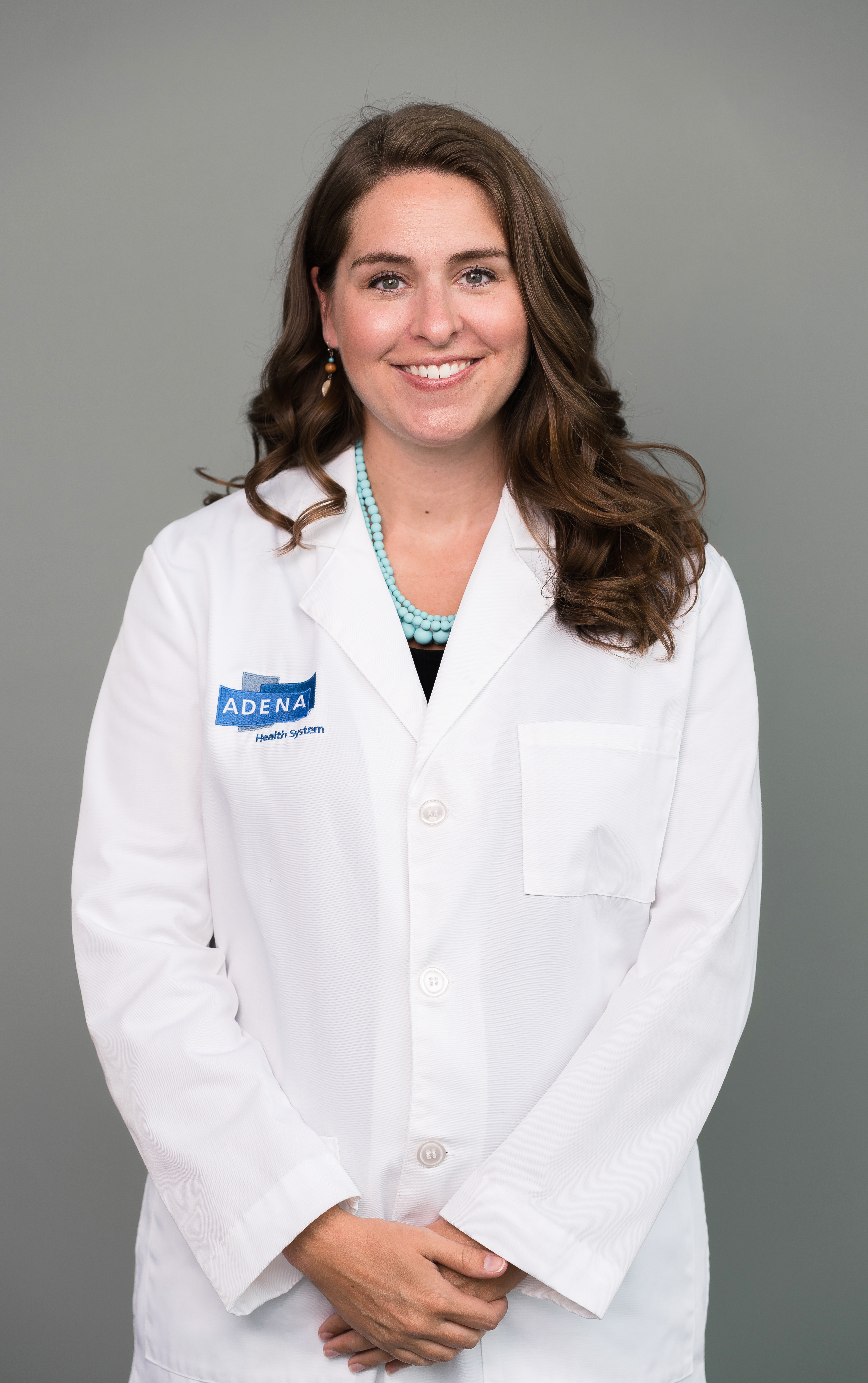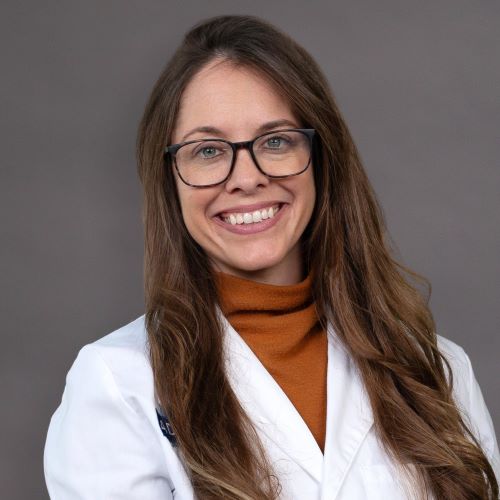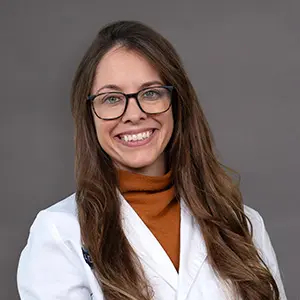A Parent’s Guide to Navigating ADHD

Being the parent of a child with ADHD (attention-deficit/hyperactivity disorder) can be overwhelming at times. But with the right information and guidance, your parenting can be as important as any other part of ADHD treatment.
The 411 on ADHD
ADHD is classified as a mental health disorder that often begins in childhood and can last into adulthood. It can result in above-normal levels of hyperactive and impulsive behaviors and make it difficult for children and adults to focus or keep their attention on a single task for long periods of time. ADHD has been shown to contribute to low self-esteem, troubled relationships, anxiety, and difficulty at school or work.
ADHD and ADD (Attention-deficit disorder) are essentially the same condition. They reflect the clinical changes overtime to include hyperactivity which often accompanies attention-deficit disorder. There are three types of ADHD: inattentive, hyperactive/impulsive, and combination inattentive/hyperactive. Although ADHD can change overtime, people rarely outgrow it. There is no conclusive science as to what causes ADHD, but it is generally thought to be linked to genetics.
According to the Centers for Disease Control and Prevention (CDC) a child with ADHD might:
- daydream a lot
- forget or lose things frequently
- squirm or fidget
- talk too much
- make careless mistakes or take unnecessary risks
- have a hard time resisting temptation
- have trouble taking turns
- have difficulty getting along with others
ADHD S.O.S.
Kristen White, MD, a pediatrics specialist who has been with Adena since August 2020, says she and the other Adena pediatricians make it a standard part of annual well-checks to talk to children and parents about school and any attention/behavior issues. When a child is struggling in school, there could be any number of reasons that factor into the cause. “We work with the parents, the child and the school to help determine why they are struggling – whether it’s a learning disability, a challenge related to autism, anxiety, an environmental factor or another condition, we work together to best determine what it might take to help a child succeed in school,” says Dr. White, who sees pediatric outpatients from their first newborn visit to young adults in their 20s.
Dr. White is passionate about providing children, and their parents, the tools to succeed in life. She knows that each child is different and that children diagnosed with ADHD (Attention-deficit/hyperactivity disorder) need individualized treatment plans.
Often, children with ADHD may be able to compensate and not have issues in the first and second grades, but once they have longer, more focus required tasks in third grade and beyond, they may see a drop in grades or trouble completing assignments, Dr. White says. Trouble focusing may not just be related to school but can also show up in other circumstances such as sports, church and completing tasks at home. “This is one of the reasons why yearly well-checks are so important,” says Dr. White, “so we can monitor a child’s progress and catch issues as early as possible.”
If concerns do arise about a child’s focus and impulsiveness, Dr. White and Adena Pediatrics will send an assessment form to parents and teachers to help identify where a child has issues and that they are consistent between school and home. This can help pinpoint where and how the child might be having trouble. “Often time when kids have trouble at school, it could be more of a learning disability where they need extra help in tutoring rather than ADHD,” says Dr. White. She will often get direct examples from teachers to help in the evaluation process.
Adena = Focused Help
Dr. White and the Adena Pediatrics team take a holistic approach to ADHD evaluations and treatments. “ADHD is not one size fits all,” she says. They look at the child’s overall health -- eyes, ears, organs -- to ensure they explore all options for underlying issues.
If a child is presenting ADHD concerns younger than seven years old, Dr. White will often refer them to an Adena behavioral health specialist. She feels that younger children can benefit from behavioral testing, training, and counseling to better identify issues and seek a non-prescription-based course of action. As children get older, Dr. White continues to recommend counseling to help control impulses and improve focus along with any treatment she may prescribe. She also recommends school psychologists as an option to better understand the student’s environment and return them to classes quickly.
For ADHD diagnoses, Dr. White will also work with the child and family to find medication(s) that can help. There are two types of ADHD medicines, stimulants and nonstimulants. Typically, stimulant medications work in 70-80% of ADHD cases. Finding the right medication, or combination of medications, can take some testing and patience. Since each child is different, Dr. White and the team at Adena Pediatrics take a methodical, measured approach to determine what works best for your child. “It can often be a combination of steps that best help a child, maybe it’s special tutoring or counseling -- we often write letters to the school to help children get an IEP or 504 plan,” says Dr. White. Additionally, Dr. White might recommend a quiet place or more time for tests and help parents find the right resources to navigate specialized plans, emphasizing that “everybody has to work together to make the best outcome.”
ADHD Long Term
“ADHD is an all year around condition, it doesn’t happen one day and not the next,” says Dr. White. If a child is taking a medication, Dr. White recommends a regular medication routine without “holidays” or times where they stop taking it. Learning to live with ADHD and working through coping mechanisms is the best plan for the patient. As the patient becomes older, is it best to give them more responsibilities for self-care so they continue developing skills to help them cope, focus and stay organized. With training, patience and practice, patients can often reduce or eliminate the need for medications as they get older, but it also depends on each individual child.
If you have concerns about your child and ADHD or any issues they may have learning or coping, contact Adena Pediatrics at 740-779-4300. Dr. White is currently accepting patients in Chillicothe and is expanding services to Greenfield in August. It takes a team to help a family navigate ADHD. Fortunately, Adena Pediatrics has the experience and caring professionals to be a strong ally in helping your child succeed.

